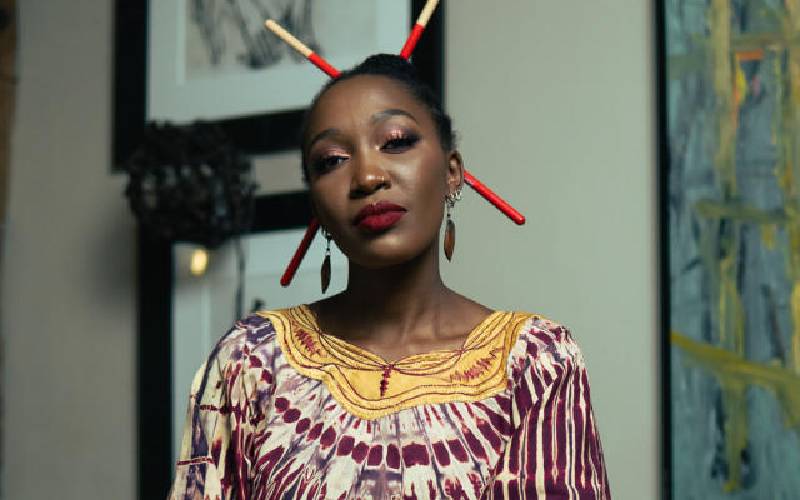×
The Standard e-Paper
Stay Informed, Even Offline

When I listened to Kasiva Mutua’s Ngewa while on a walk along a dirt road, I had not anticipated the experience I would have. It was grounding like I was in touch with the Earth and it evoked feelings of being home.
It’s as if she managed to get a piece of Africa’s soul and immortalize it in music form. The EP is Kenyan, made by a Kenyan, but it sounds more African in general.







